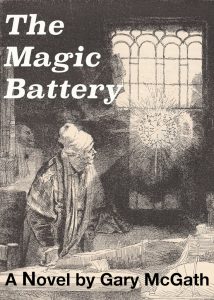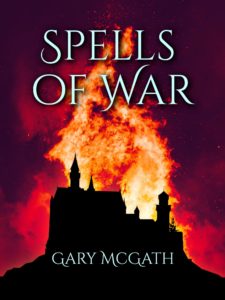(Un)banning the Bible in Utah
The Davis school district in Utah has reversed an earlier decision removing the Bible from middle and elementary schools. Few people thought it should be banned; the challenge to it was supposed to be a reductio ad absurdum of the policies that led to the removal of other books. Unfortunately, the appeal committee and the district officials missed the point. They said that “the Bible has significant, serious value for minors which outweighs the violent or vulgar content it contains.” Of course it does. The point is, so do many other books. Violence and vulgarity, even outright immorality, aren’t a sufficient reason to exclude books from school libraries.
The Bible is a horrible book. The Old Testament presents a sadistic, murderous God who drowns nearly the entire world population, firebombs cities, orders the extermination of every man, woman, and child in other cities, and decrees death penalties for many kinds of actions. In the New Testament, this sadist comes to us, not to beg for forgiveness for his crimes, but to say that he’ll forgive us, on the condition that we believe he turned himself into a human in order to be executed. People who don’t believe that claim will be tortured forever.
(more…)



